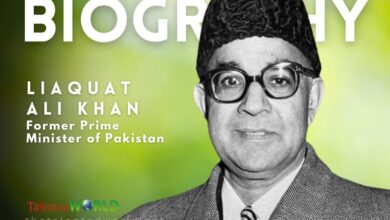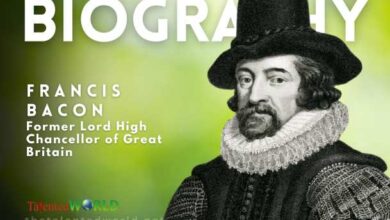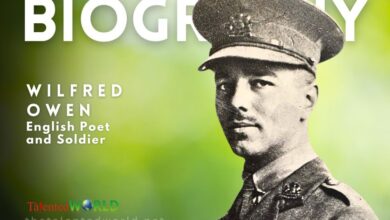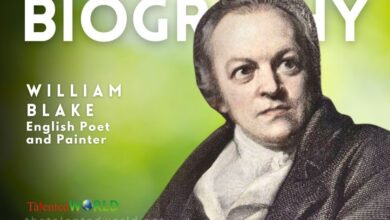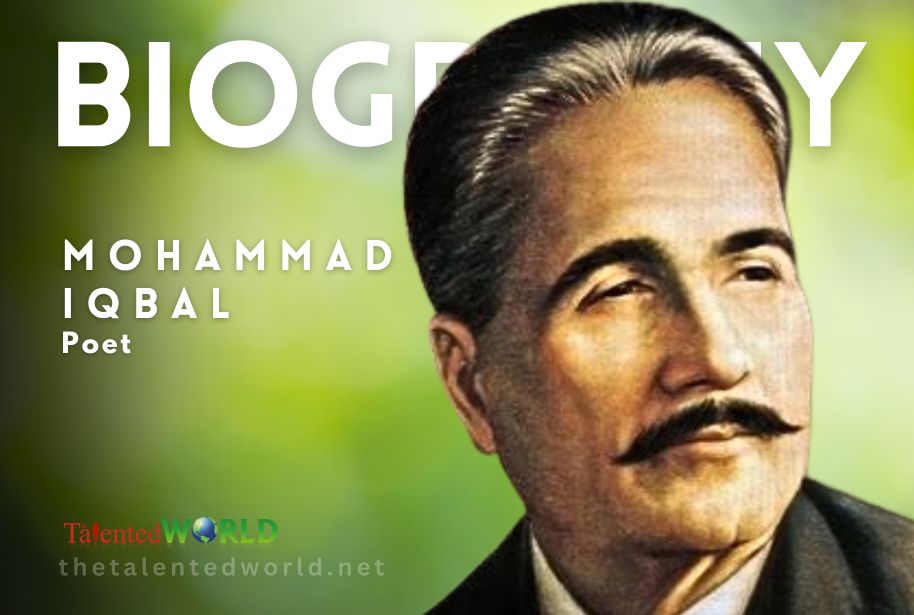
QUICK FACTS
| Attribute | Details |
|---|---|
| Full Name | Sir Muhammad Iqbal |
| Honorific | Allama (علامه) |
| Date of Birth | 9 November 1877 |
| Place of Birth | Sialkot, Punjab, British India (now in Pakistan) |
| Date of Death | 21 April 1938 |
| Place of Death | Lahore, Punjab, British India (now in Pakistan) |
| Resting Place | Mazar-e-Iqbal, Lahore |
| Nationality | British Indian |
| Education | – Scotch Mission College (FA) – Government College (BA, MA) – University of Cambridge (BA) – University of Munich (PhD) |
| Occupations | Philosopher, author, politician |
| Notable Works | – Bang-e-Dara – Tarana-e-Milli – The Secrets of the Self – The Secrets of Selflessness – Message from the East – Persian Psalms – Javid Nama – Sare Jahan se Accha |
| Children | 6 |
| Institutions | Co-founder of Jamia Millia Islamia |
| Thesis | The Development of Metaphysics in Persia (1908) |
| Doctoral Advisor | Fritz Hommel |
| Languages | Urdu, Persian, English, Punjabi |
| Main Interests | – Urdu literature – Persian poetry – Islamic history – Islamic revival |
| Notable Ideas | Allahabad Address (1930) |
| Key Contributions | – Prominent poet and philosopher in South Asia – Advocate of cultural and political ideal for Muslims in British India – Major influence on the Pakistan Movement |
| Honors | Knighted for his literary works |
| Cultural Recognition | Known as Eghbal-e Lahouri in Iran |
| Political Involvement | – Punjab Legislative Council (1927) – Positions in All-India Muslim League |
| Legacy | – National poet of Pakistan – Honored with titles such as Hakim ul-Ummat and Mufakkir-e-Pakistan – Birth anniversary is a public holiday in Pakistan |
| Background | – Punjabi-Kashmiri ancestry – Family migrated from Kashmir during the Sikh Empire’s conquests |
| Family | – Father: Sheikh Noor Muhammad – Mother: Imam Bibi |
| Mother’s Death | Expressed his sorrow in a poetic elegy |
His love of the Persian language is evident in his works and poetry. He says in one of his poems:
گرچہ ہندی در عذوبت شکر است
garchi Hindi dar uzūbat shakkar ast
طرز گفتار دري شيرين تر است
tarz-i guftar-i Dari shirin tar ast
BIBLIOGRAPHY
- Prose book in Urdu
- Ilm ul Iqtisad (1903)
- Prose books in English
- The Development of Metaphysics in Persia (1908)
- The Reconstruction of Religious Thought in Islam (1930)
- Poetic books in Persian
- Asrar-i-Khudi (1915)
- Rumuz-i-Bekhudi (1917)
- Payam-i-Mashriq (1923)
- Zabur-i-Ajam (1927)
- Javid Nama (1932)
- Pas Cheh Bayed Kard ai Aqwam-e-Sharq (1936)
- Armughan-e-Hijaz (1938)[51][50][63] (in Persian and Urdu)
- Poetic books in Urdu
- Bang-i-Dara (1924)
- Bal-i-Jibril (1935)
- Zarb-i Kalim (1936)


